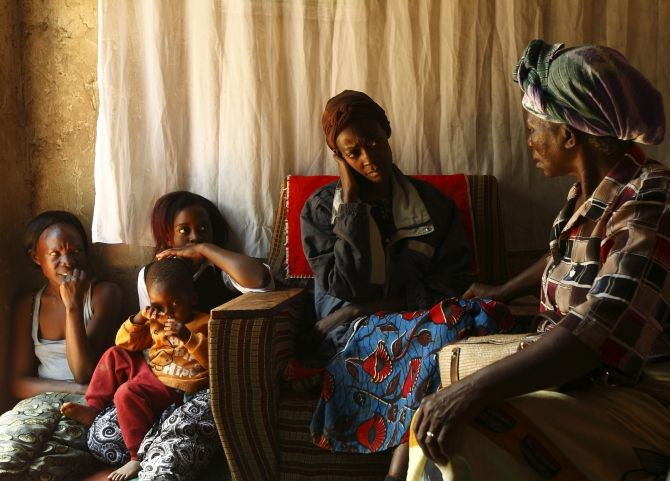Birth Control Counseling May Reduce AIDS in Africa

New research says that family planning counseling could be a cost effective way to reduce the number of children born with HIV in Sub-Saharan Africa.
"If you can help prevent HIV-positive women from having unplanned children, obviously you're going to prevent unnecessary HIV transmission," said Clea Sarnquist, a senior research scholar in pediatrics at Stanford University and first author of the new study,
According to researchers 40 percent of pregnancies are unplanned in Sub-Saharan Africa. Counseling encouraging women to adopt a contraceptive device could help bring down the number of babies born in the region.
Researchers reported that after counseling, 90 percent of women in the study group chose to use a long-acting form of contraception. Also, the participants in the study group felt that using a contraceptive gave them a sense of power while negotiating sexual activity.
The study was conducted in a suburban region of Zimbabwe. Although medication is available to prevent mother-baby HIV transmission, it isn't easily accessible.
Previous studies have shown that birth control is a cost-effective way in keeping the numbers of HIV-positive children low and also in keeping women healthy.
In the present study, researchers counseled some 98 women about birth control methods. Of these two-thirds were called in for group sessions with trained counselors and were also given communication and self-esteem building exercises. The other set of participants were given standard guidelines about birth control.
Within the next three months, almost 90 percent of the study group that attended group sessions opted to use long-acting contraceptive devices like IUDs or implants.
"The implants were extremely popular, which we didn't necessarily expect," Sarnquist said.
The participants also found it easier to talk about sex to their partners after the counseling sessions, study found
"That was an unexpected finding, which does have ramifications for HIV transmission and stigma," Sarnquist said, in a statement.
The study was presented at the International AIDS Conference in Washington, D.C.
Published by Medicaldaily.com



























